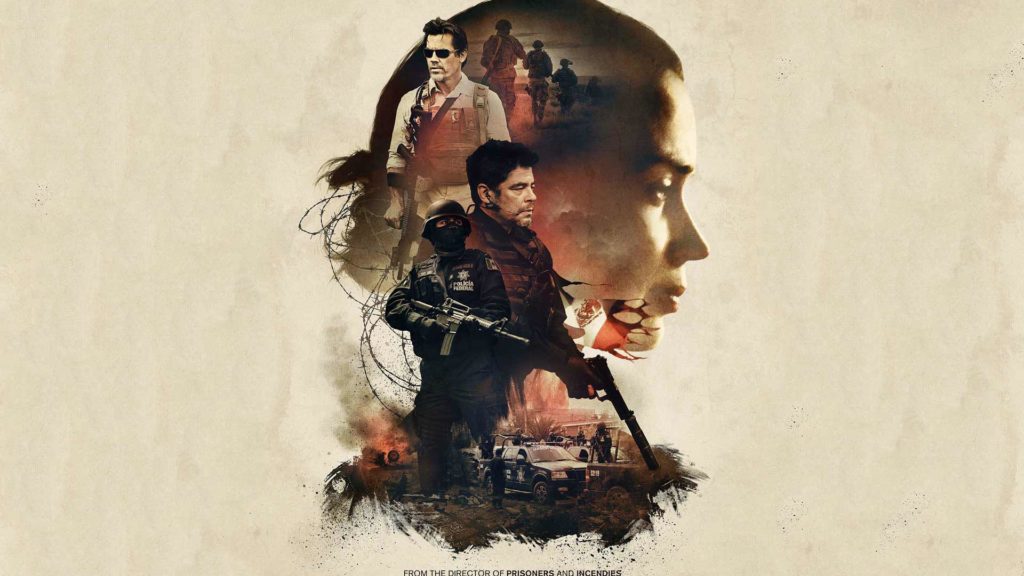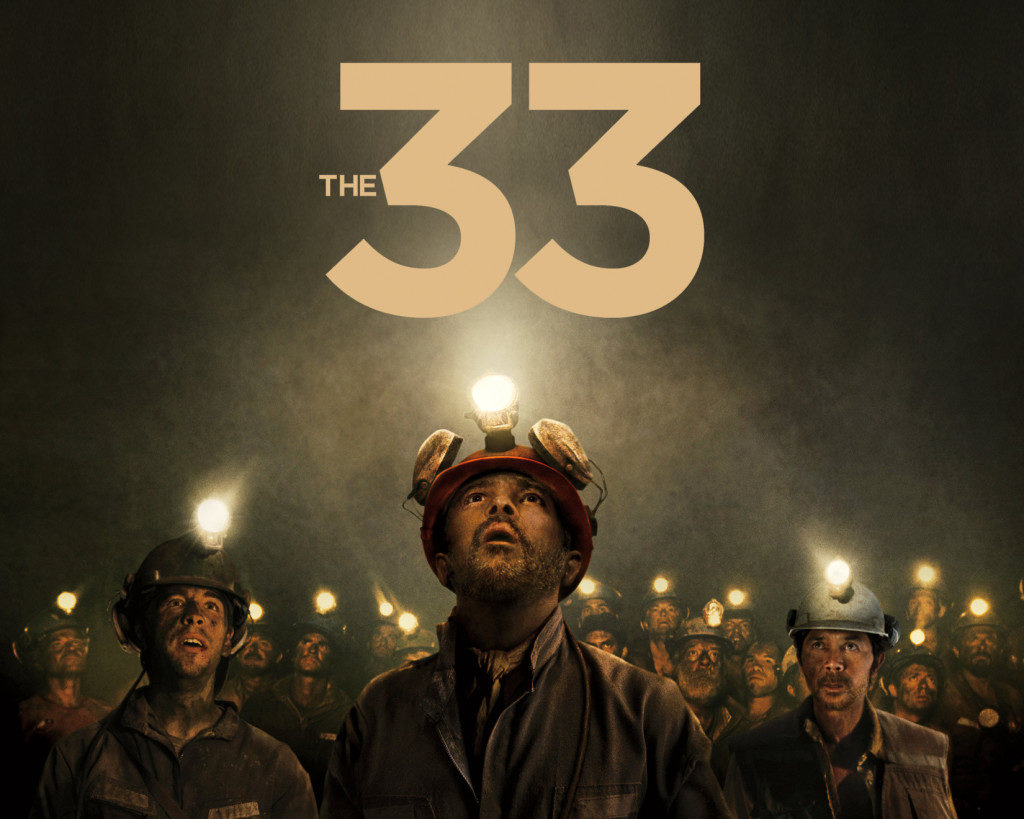Somehow, I watched two movies that take place in Spanish-speaking countries out of pure happenstance. Thanks Netflix queue!

Sicario – It’s rare to find a film so committed to its premise that it takes themes to their logical conclusion. It’s also rare to find a film so perfectly paced, despite how slow it actually is, as Sicario. The film’s plot through a synopsis sounds really, really boring – a principled FBI agent who is enlisted by a government task force to bring down the leader of a powerful and brutal Mexican cartel – but Sicario only uses this common action movie vernacular to get you invested in what’s happening.
Weirdly enough, the important thing about Sicario comes from how it deals with the question of justified force – i.e., do the ends justify the means? Do you strike back twice as hard at someone who already struck you (in the parlance of Donald Trump)? In our case, with the Mexican city of Juarez, two parties want to control its drug trade – the United States government, via its various forces, and the cartels, who want to keep shipping it into the United States. Naturally, those two sides conflict, and both intend to press onto the other until they win. But how extreme should those measures be?
Kate Macer, played by Emily Blunt, simply does not know the answer to these questions. Like her, we the audience become observers of the events that unfold – from Macer’s stint as a kidnap and rescue team leader in Arizona, to finally seeing what the U.S. does behind closed doors. Our government employs some pretty illegal means and ways to eliminate a threat – perhaps even more so than we should. One “tool” is especially relevant to the title of this film, as played by Benicio del Toro. His ways and means either look like an extraordinary amount of force, or a justifiable reaction to the horrific violence inflicted by the cartels.
The most interesting part, though, comes from the fact that the film didn’t seem to push any agenda. I’ve said before that films seem pretty boring, especially about real-world issues, when they don’t have an opinion about something. Whoever wrote Sicario probably does have an opinion, but the film itself shows rather than tells what we should take away from this. Much of what I’ve conveyed above comes via subtext and interpretation rather than a straightforward “people did bad things!” angle. Macer isn’t a moralized; her opinion is one of several in this film – even though her principles are, to put it Bluntly (HAH), sidelined via powers far greater than the Arizona police department. Nonetheless, Sicario also works as a tense, engaging action film all its own, with scenes that accurately convey the tension of a prisoner transport in enemy territory, or finding the secret leader of a cartel. Character you care about get inserted into these situations, and the film ratchets up the tension on more than one occasion.
In sum: Sicario is surprisingly great, and if you can deal with some intermittently grisly subject matter, you should watch it!

The 33 – Hey, remember in 2010 when all that we heard about was the Chilean miners trapped inside of a mine for nearly 2 months? I sure do! Although, honestly, the details (other than the fact they all survived, SPOILER) escape me. It was the feel-good news media event of the fall, and boy did they ever milk that thing dry! At this point, you wonder: how do they turn this story into a film? Obviously by turning a disaster into a inspiration story about perseverance and the human spirit, duh. You’ve definitely seen this movie before in various forms and ways – there’s only a million other films exactly like it, or at least that’s how we feel about it – but The 33 manages to eke out some semblance of identity regardless.
I mean, how much do most Americans (and I mean people who live in the United States) know about Chile? Other than their wine trade, I can say that I know very little about Chilean culture – and, while I don’t think I learned much in the way of anything watching The 33, the vibe of its people does come through in the music (RIP James Horner) and the atmosphere. Everyone is quite community focused, and very committed to the Catholic faith, which makes Christianity the quiet hero of The 33 when it appears on screen. I can’t say I expected that!
But, all in all, this is a pretty rote film that you’ve seen dozens of times: tons of characters in an ensemble cast, no time to develop them, a lot of talk about hope and changing your life when you get out of a disaster situation, and much crying/hugging. Bob Gunton is poorly cast as the Chilean president (seriously, why is the whitest white character actor the president of a South American country?), but just about everyone puts out a good performance with the material given.
Probably the biggest issue here is that most people know how the story ends, so there’s a lack of tension. And yet, the movie must be framed so that it’s tense, which somehow seems a little disingenuous. Should these “true life” films be made with an ignorant audience member in mind? I have no idea, but the current model seems a little strange to me. I suppose that’s because the easy way out comes from a perfectly natural story arch, but it always feels like people familiar with that true story end up with little to no actual reason to watch it.
Despite my complaints, I enjoyed The 33 much more than the text above seems to convey. It may be a movie you’ve seen before, but it’s definitely not a waste of your time, either, even if the subject matter fails to interest you.
